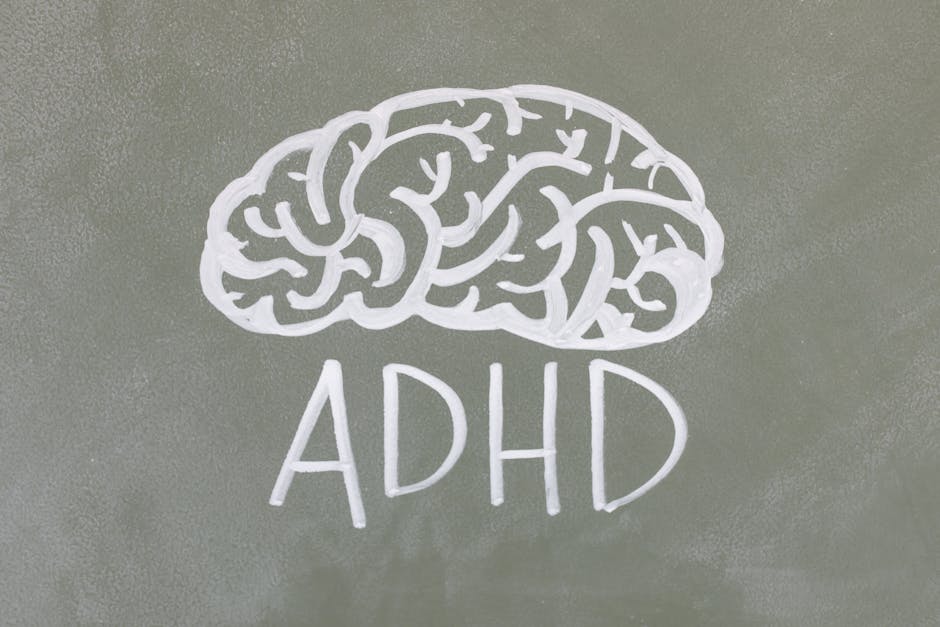
Revealed: The Secret Relationship Between Sleep Quality and Cognitive Performance
Sleep is a fundamental aspect of our daily lives, yet many people underestimate its importance. What you may not realize is that the quality of your sleep has a direct impact on your cognitive performance.
Studies have consistently shown that sleep deprivation can greatly impair various aspects of brain functions. Lack of quality sleep has been linked to decreased attention span, reduced memory retention, and difficulties in problem-solving.
So, how exactly does sleep affect our cognitive abilities? Let's dive deeper into the secret relationship between sleep quality and cognitive performance.
The Role of Sleep in Memory Formation
One crucial process that occurs during sleep is memory consolidation. While we rest, our brain processes and stores the information we encountered throughout the day, strengthening our memories.
Research has revealed that a good night's sleep is essential for optimal memory performance. When we don't get enough sleep, our ability to encode and retain new information diminishes. Additionally, sleep deprivation can disrupt the pattern of memory consolidation, leading to difficulties in recalling previously learned facts or events.
Attention and Focus: The Key to Cognitive Performance
Another crucial aspect of cognitive performance is attention and focus. Lack of sleep can significantly impact our ability to concentrate on tasks, maintain attention, and filter out distractions.
During sleep, our brain rejuvenates, restoring its ability to sustain focus. Without this restorative period, our attention span becomes shorter, decreasing our overall cognitive capabilities.
The Cognitive Benefits of Quality Sleep
On the flip side, getting enough high-quality sleep can have numerous positive effects on cognitive performance. Studies have shown that a good night's sleep can enhance problem-solving skills, creativity, decision-making abilities, and overall cognitive flexibility.
Moreover, sleep has been linked to emotional regulation, with adequate rest reducing the likelihood of mood swings, irritability, and lack of patience. These emotional factors also play a significant role in cognitive functioning.
Improving Sleep for Enhanced Cognitive Abilities
Given the vital connection between sleep quality and cognitive performance, it's crucial to prioritize good sleep habits.
Here are a few lifestyle changes you can implement to improve your sleep:
- Establish a consistent sleep routine
- Create a comfortable sleep environment
- Avoid screen time before bed
- Limit caffeine and alcohol intake
- Engage in relaxation techniques or meditation
By adopting these habits, you can optimize your sleep, leading to improved cognitive abilities and overall well-being.
Remember, a good night's sleep is not just a luxury; it is an essential element for achieving peak cognitive performance.
